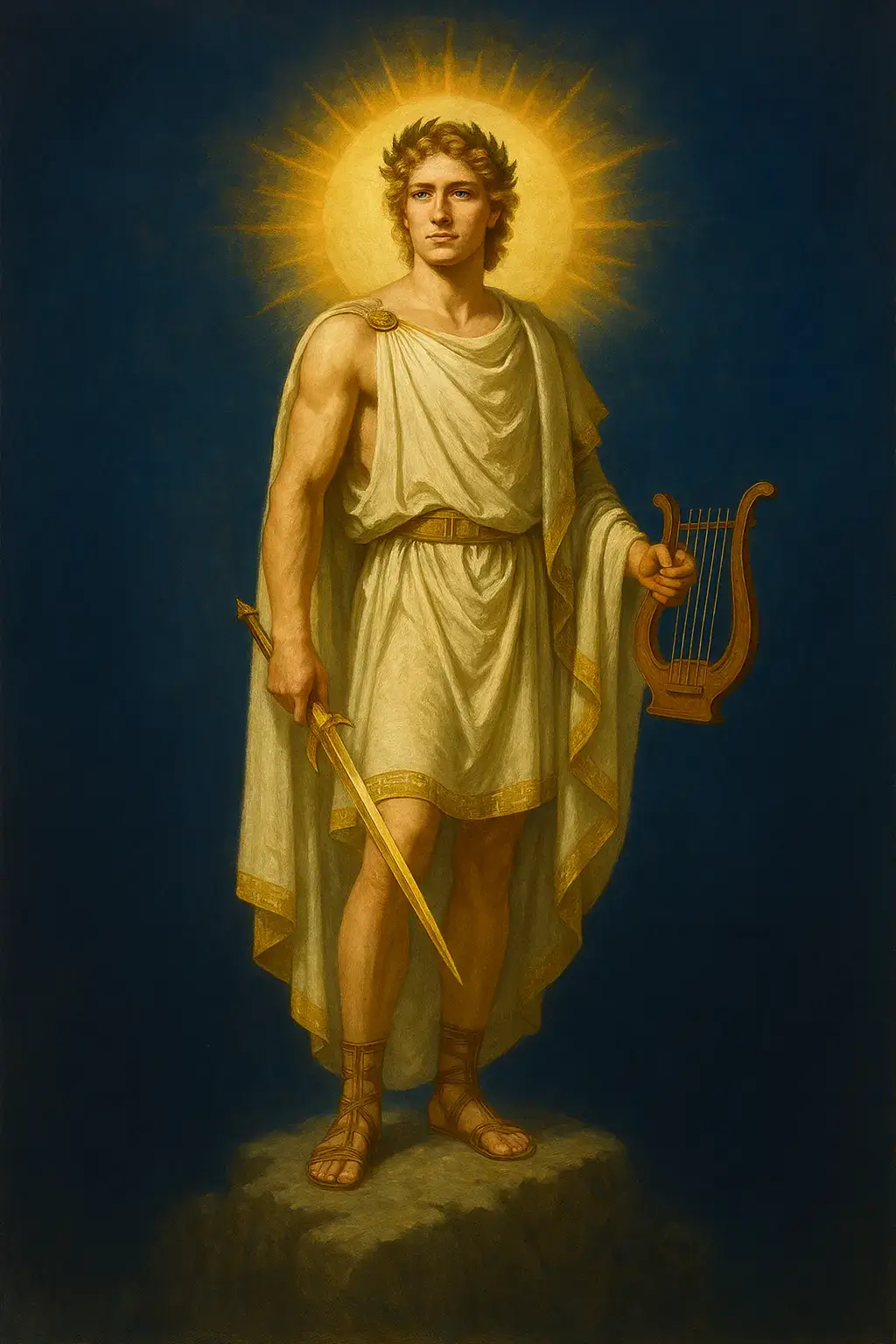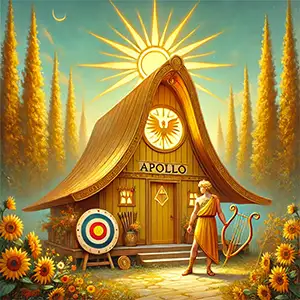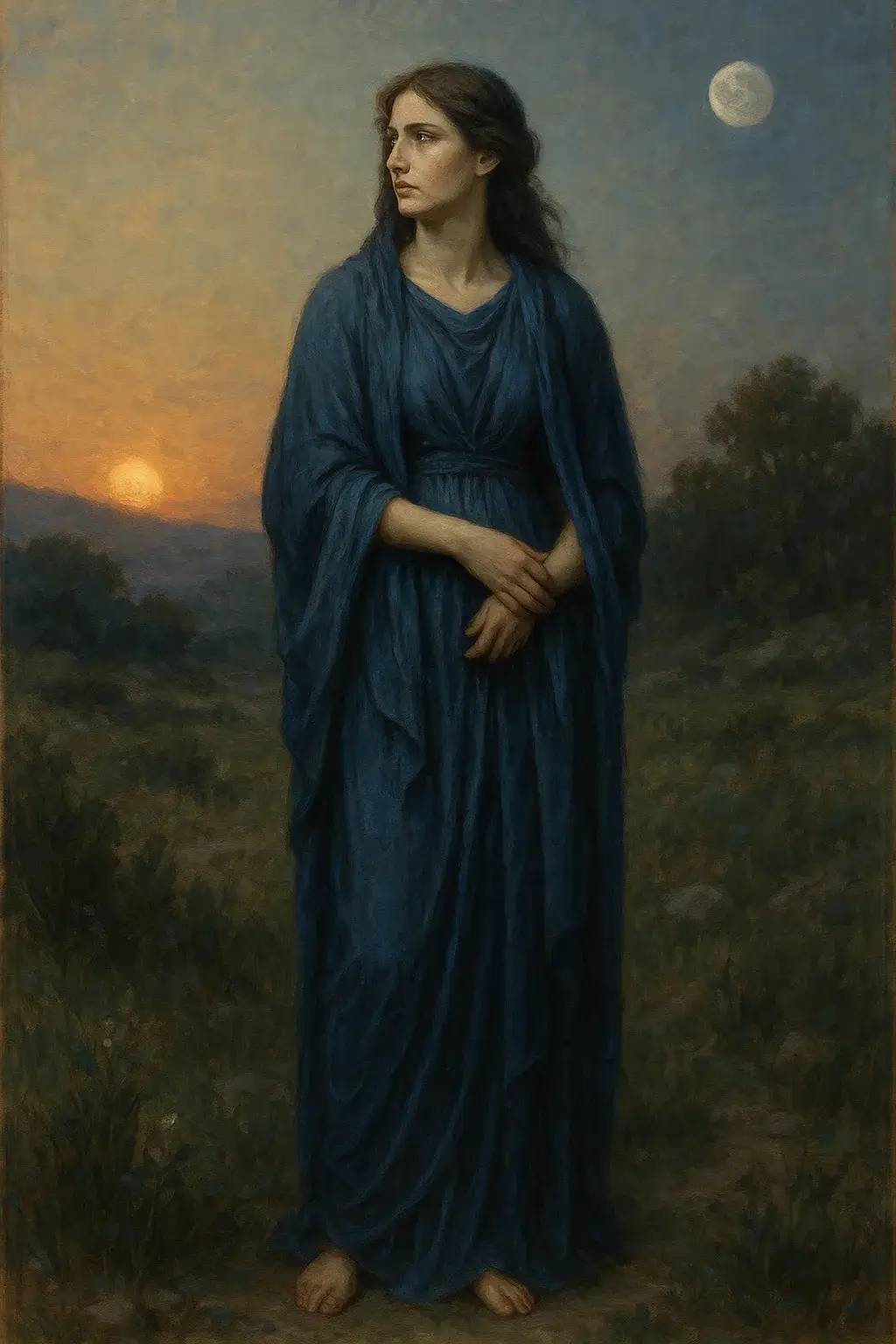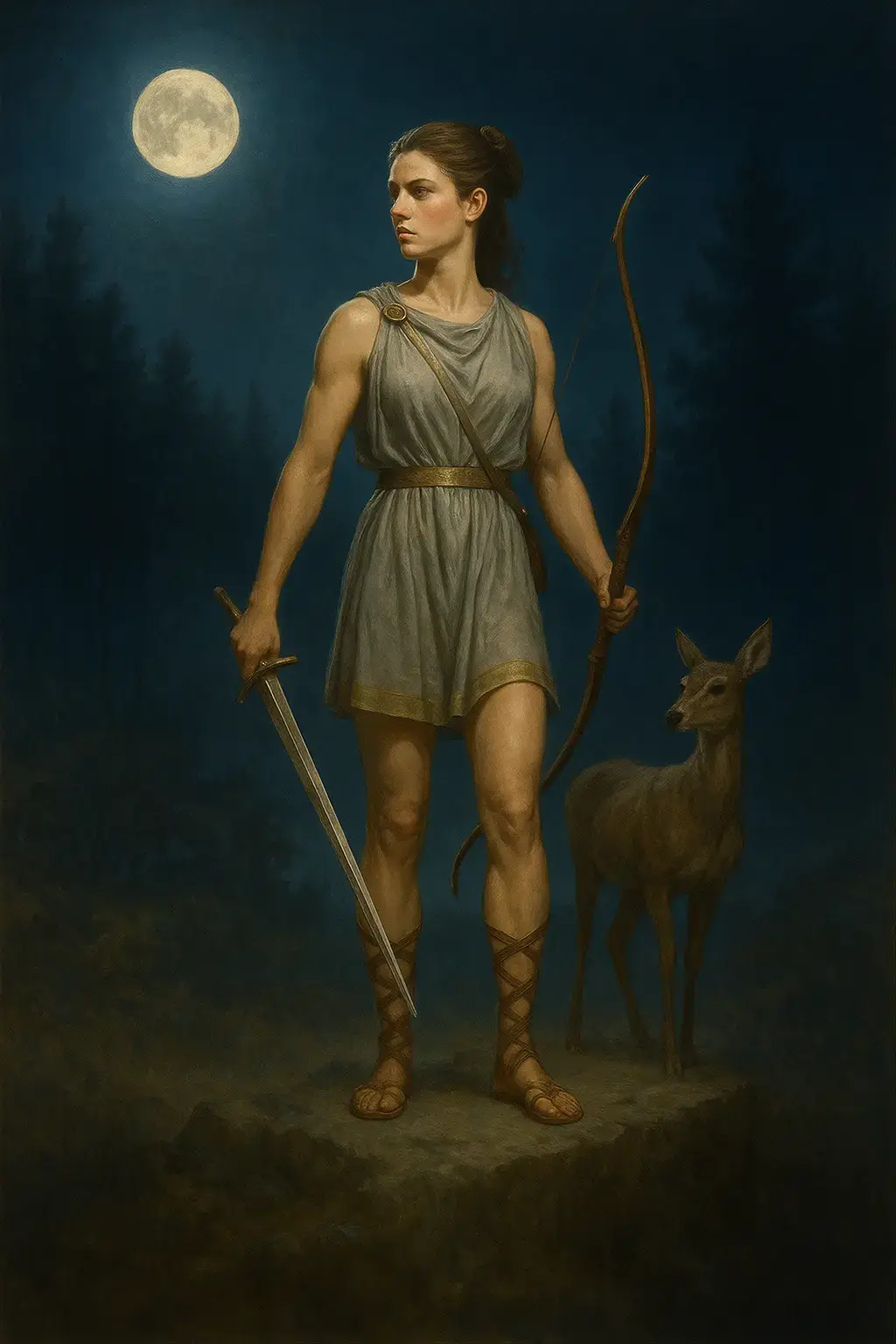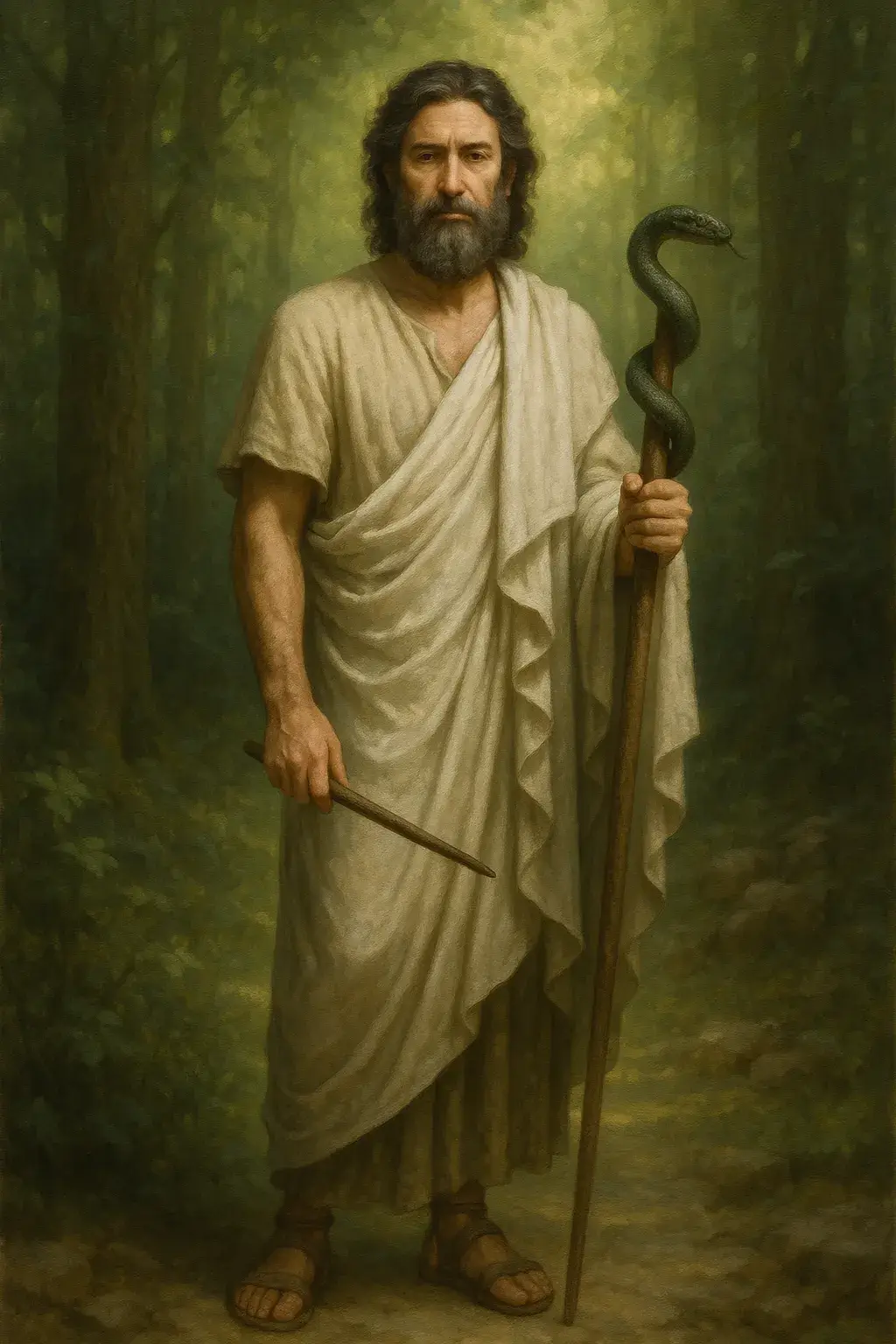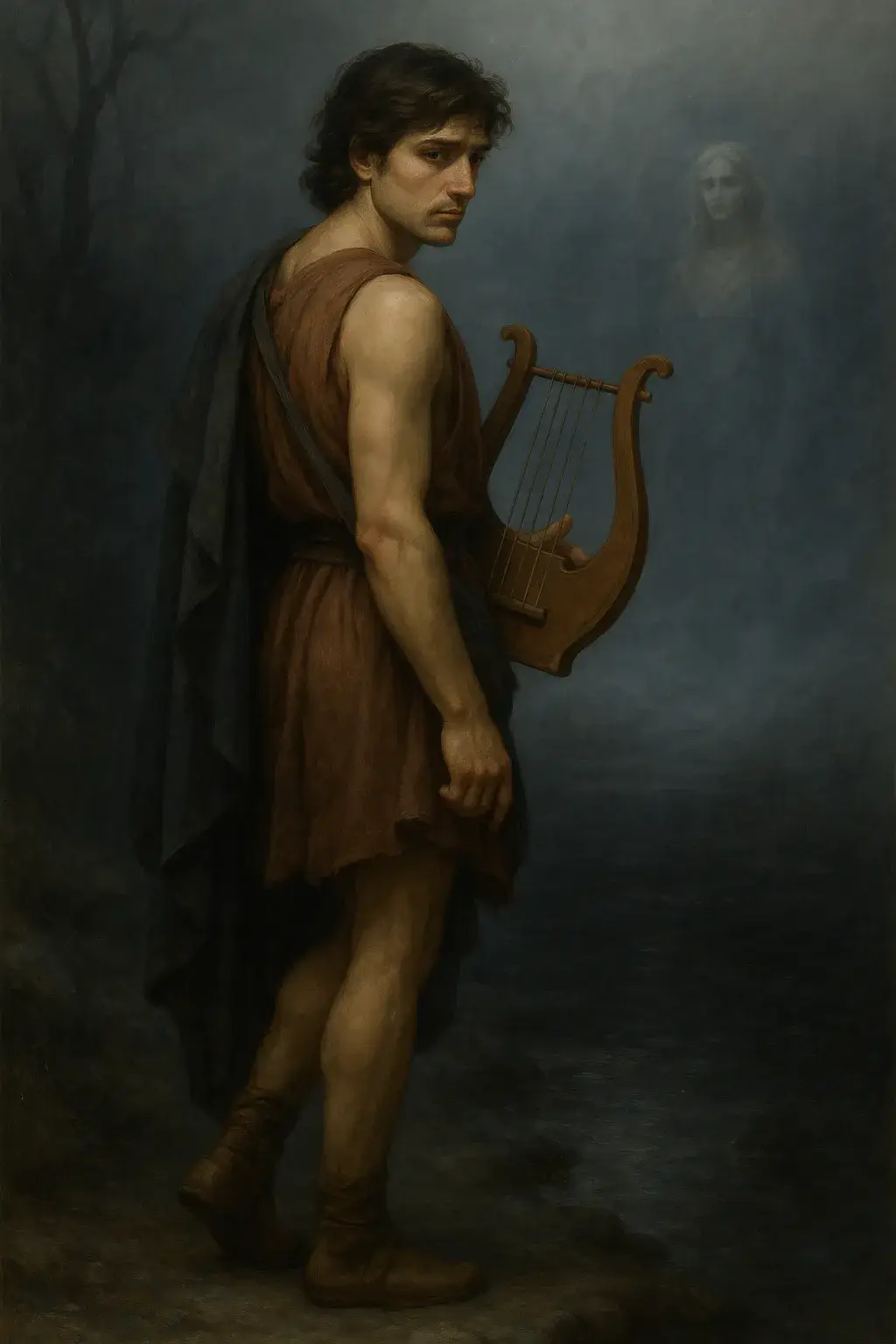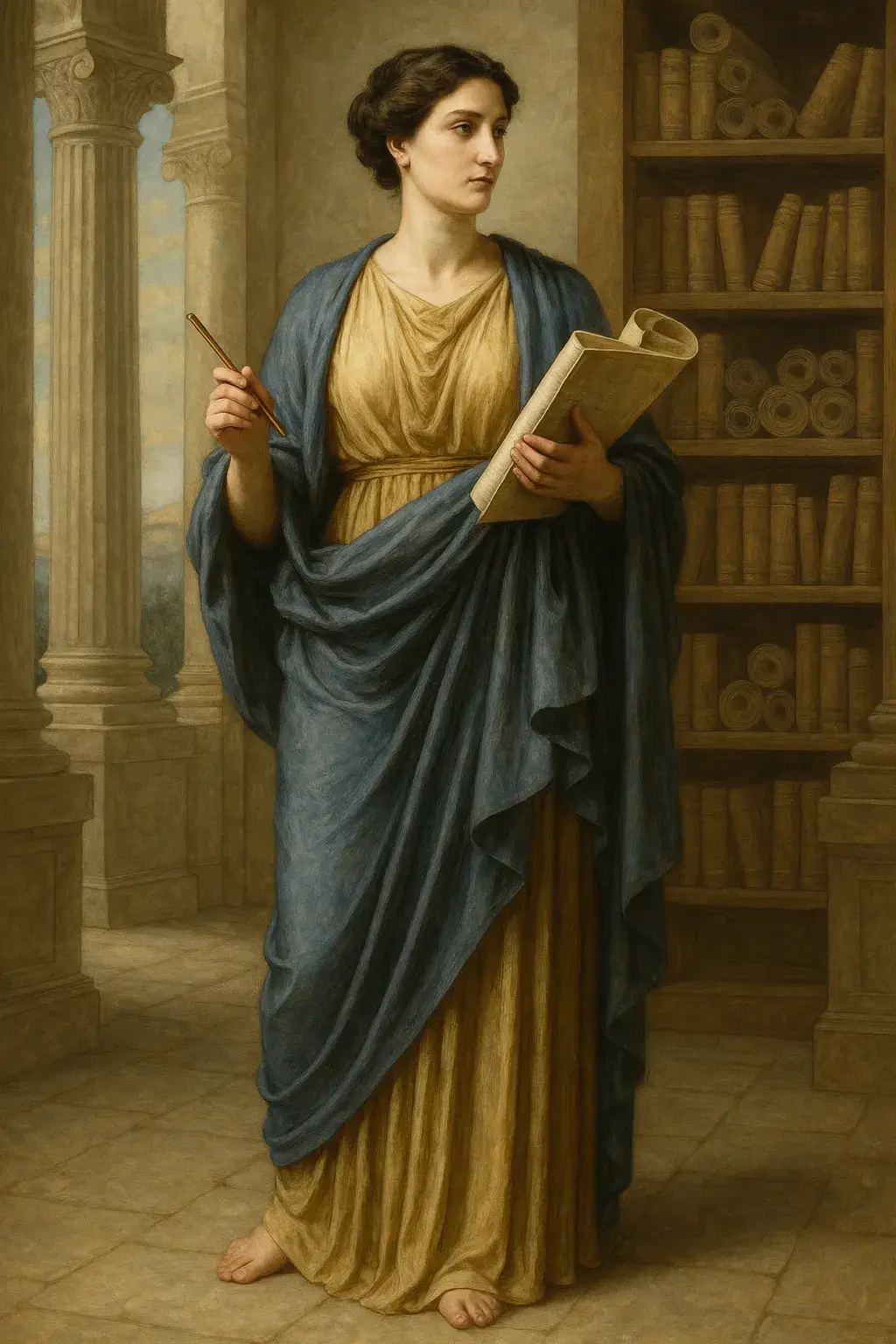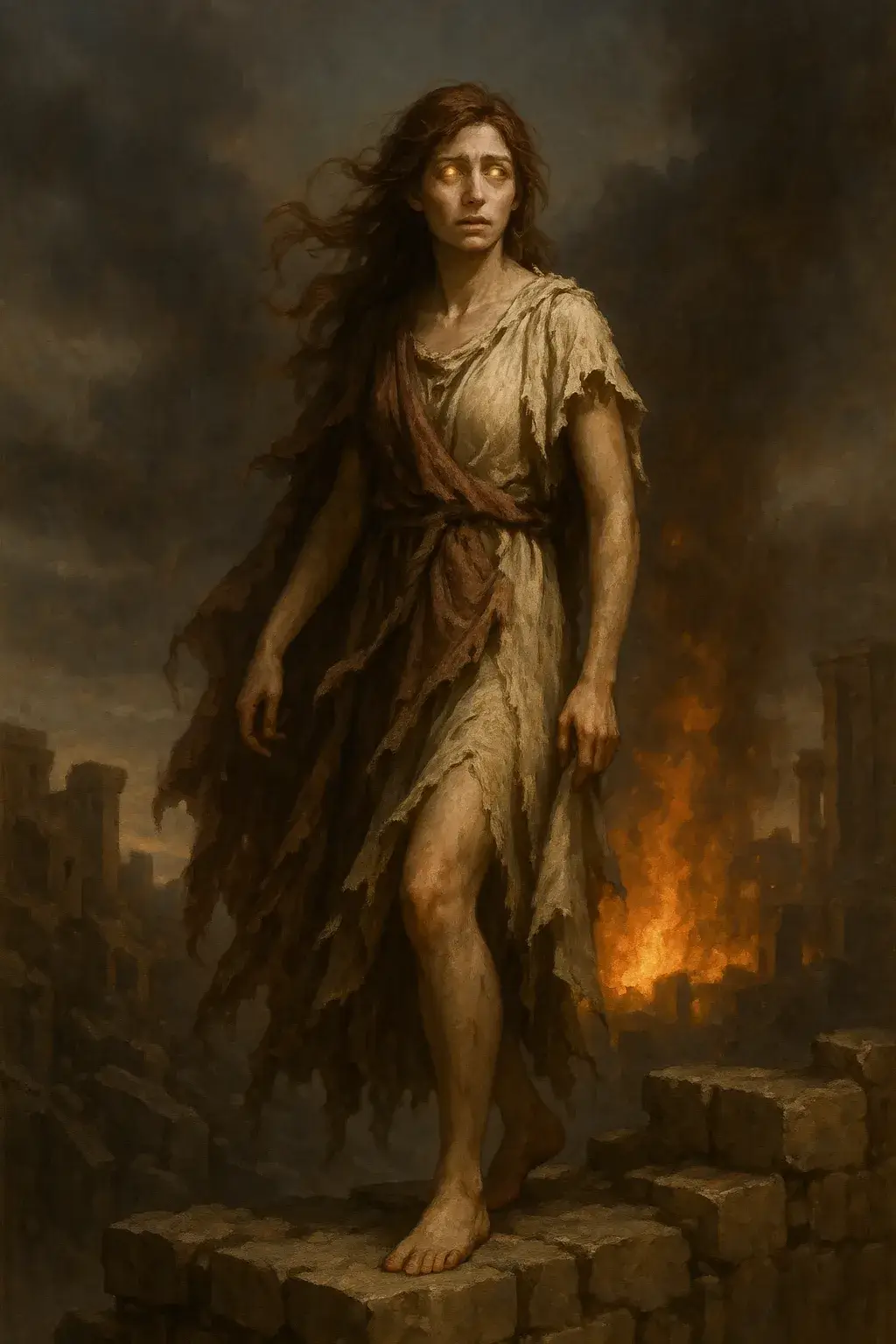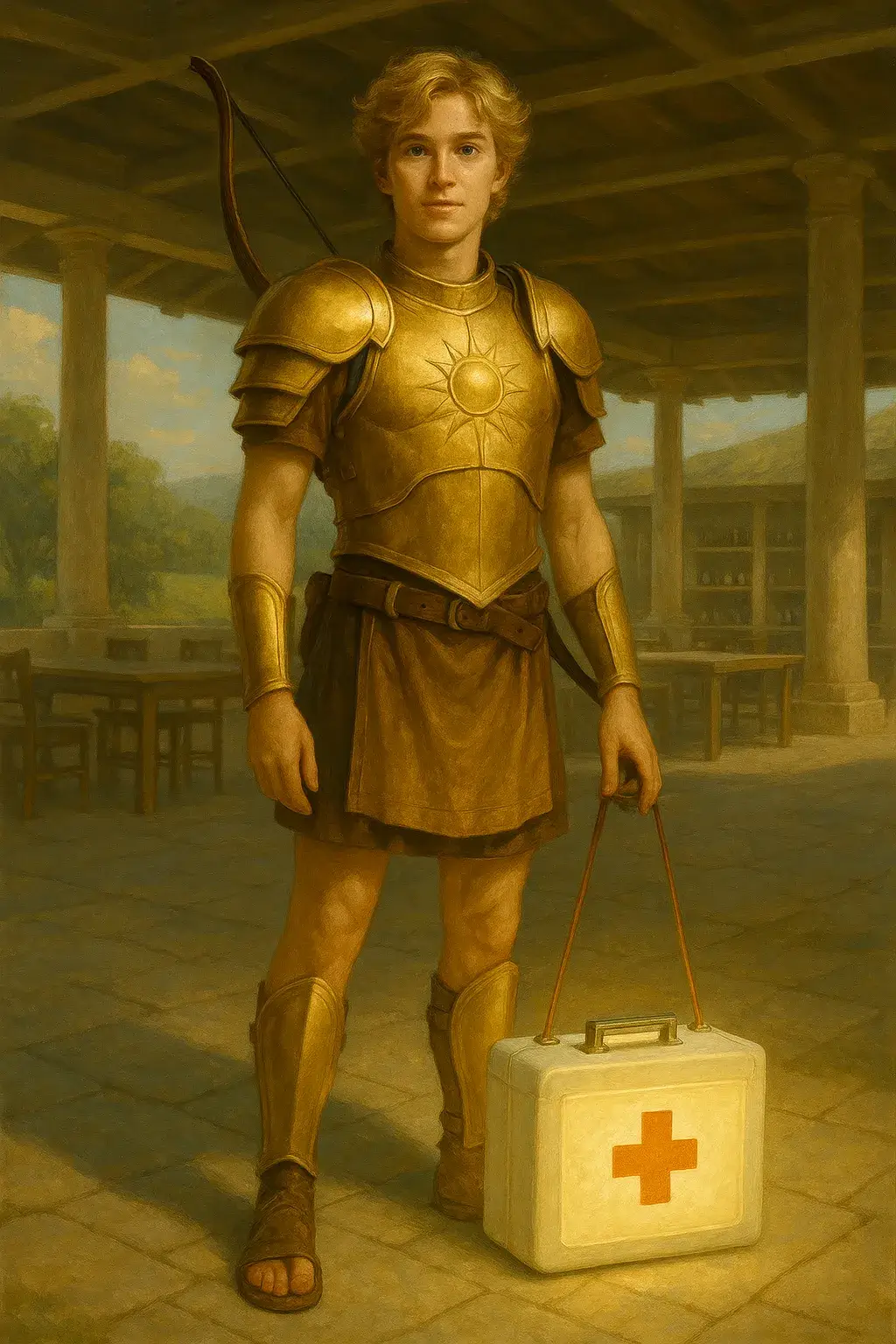The Radiant God of Light and Arts
Apollo stands as one of the most versatile and beloved deities in the Greek pantheon, embodying the brilliance of the sun, the beauty of music and poetry, the wisdom of prophecy, and the mercy of healing. As both the god who brings light to the world and the patron of the arts, Apollo represents the highest ideals of civilization and human achievement.
Born as the son of Zeus and the Titaness Leto, Apollo emerged as one of the most important Olympian gods. His birth on the sacred island of Delos marked the beginning of a divine presence that would influence every aspect of human culture, from the oracle at Delphi to the greatest works of art and literature.
From his golden chariot that carries the sun across the sky to his silver bow that never misses its mark, Apollo commands respect through beauty rather than fear. His domains encompass not just physical light, but also the illumination of knowledge, the harmony of music, and the clarity of prophetic vision.
Powers and Attributes
Apollo possessed numerous divine powers that made him one of the most influential Olympians:
- Solar Control: Command over the sun, light, and the passage of day
- Musical Mastery: Unparalleled skill with the lyre and all forms of music
- Prophetic Vision: Ability to see the future and grant oracular knowledge
- Archery Excellence: Perfect accuracy with his silver bow and golden arrows
- Healing Powers: Divine ability to cure diseases and wounds
- Poetic Inspiration: Gift of inspiring artists, poets, and musicians
- Plague Sending: Ability to send or cure plagues and diseases
Apollo in Percy Jackson
In Rick Riordan's Percy Jackson series, Apollo appears as a vain but ultimately caring god who values his children's artistic talents and healing abilities. His Roman form, also called Apollo, remains largely unchanged as he was equally revered by both cultures. Children of Apollo at Camp Half-Blood are known for their musical abilities, archery skills, and natural talent for healing and poetry.
